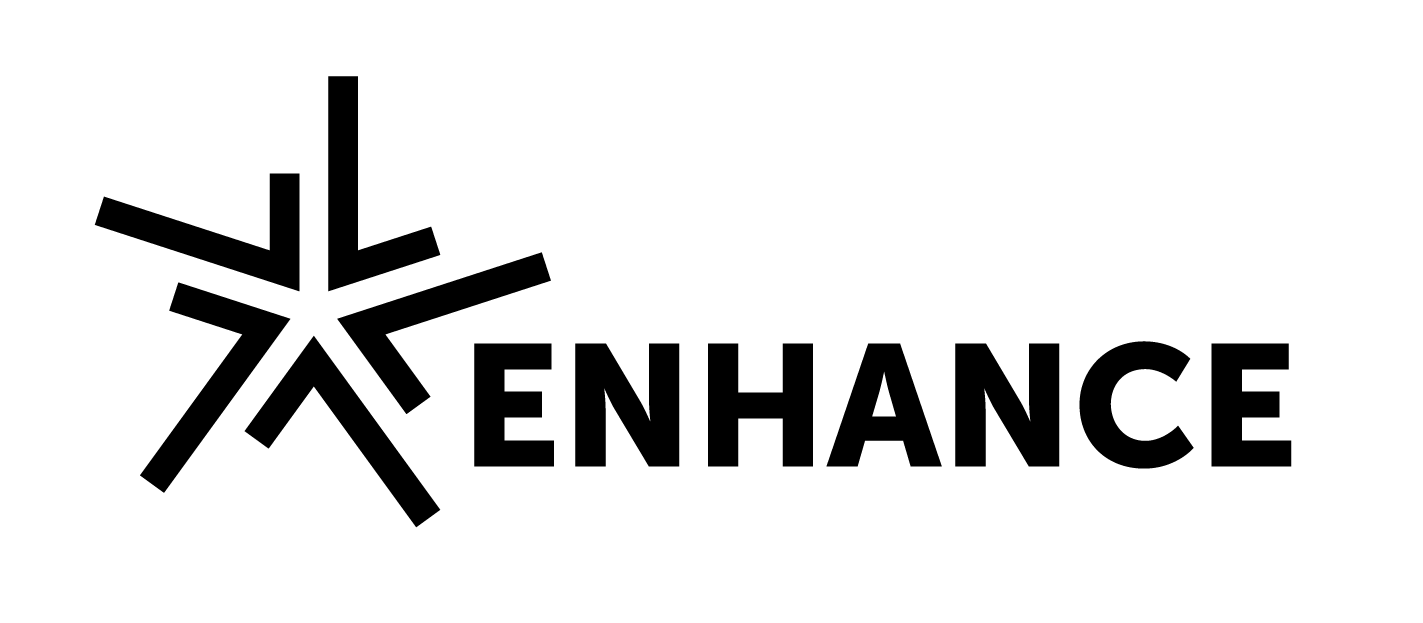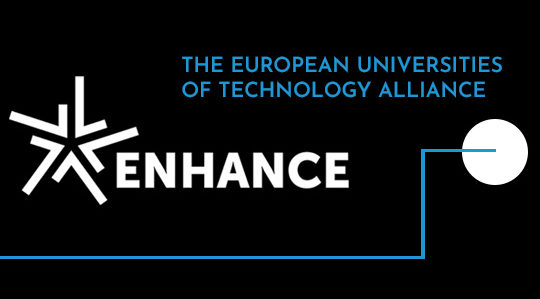The Enhance Alliance has published a White Paper that offers solutions to one of the most crucial challenges for the following years. How can Universities contribute to reducing the sense of uncertainty for our future?
The COVID-19 Pandemic has created barriers with working together as an alliance, but it has also sharpened our minds for the necessity of a European University approach. ENHANCE has learned to transform this crisis into a meaningful opportunity. Successful educational projects should take into account that COVID- 19 has changed the notions of when, where, and how we deliver higher education and research.
The White Paper offers some principles to consider:
-University structure needs to become a facilitator for exchange.
-The aim is to get a 100% mobility rate.
-Universities should be significant actors in facilitating sustainable recovery after the Pandemic.
Following the initial topics and after reading the White Paper, our community has suggested some recommendations that we will take into account.
Discussion and Comments about Hybrid Education
Genevieve Zavala (USA)
Master Student Universitat Politècnica de Valencia
\”Universities can contribute by staying up to date with all new policies as well as being prepared for change. When changes are going to be made it is important to be transparent with everyone involved within the universities such as educators, students and the surrounding community.\”
Lindsey Carey (UK)
Senior Lecturer Glasgow Caledonian University
\”The key is having a clear strategy related to delivery of programs, teaching and courses. During the pandemic the student experience shifted a lot with a focus on digital and going forward the institutions may not always be meeting the initial expectations of the students, with many asking for a return to face-to-face delivery or exactly what \”hybrid\” entails. Now is the moment to be very clear about the direction and delivery format that the University is offering.\”
Alberto López-Navarrete (Spain)
PhD Student Universitat Politècnica de Valencia
\”Being ready for the unexpected by switching between online and offline education. Not only a pandemic can prevent offline education. For instance, on last year in Spain we had different atmospheric phenomena which impeded access to education institutions. Being able to keep on lessons by switching between off/online teaching supports students versus incidentals.\”
Emilio Sáez Soro (Spain)
Lecturer Universitat Jaume I de Castelló
\”I think it would be important to provide more contact and information about the ecosystem of companies and organizations close to each discipline of knowledge. That would mean a greater proximity to the reality that students will find when they finish their studies.\”
Maria Josep Picó (Spain)
Researcher of the project Planeta Debug
\”Very good approaches, congratulations. In our global world, local dimension has became an area really strategic. To be more resilient with all different changes, challenges, and uncertainty, it\’s vital public University reconnects with the society, with concerns and aspirations, not only of young people.\”
Esteban Galán Cubillo (Spain)
Senior Lecturer Universitat Politècnica de Valencia
\”Connecting the program leaders from educational institutions with industry and policymakers will help to prepare better the students for the future.\”
Learn more about it by reading our White Paper.
Because of the restrictions implemented in response to Covid-19, many forms of teaching have moved to virtual formats. Enhance White Paper discusses new perspectives for European universities. Are we evolving to a hybrid format?

